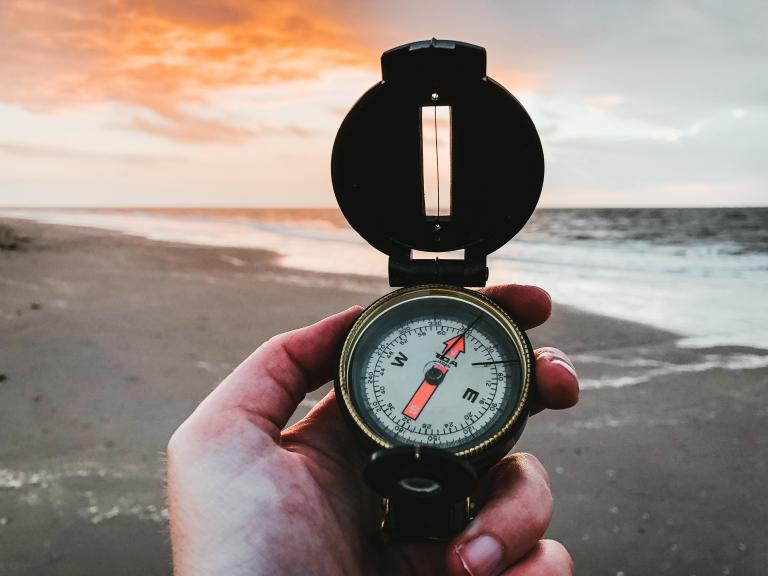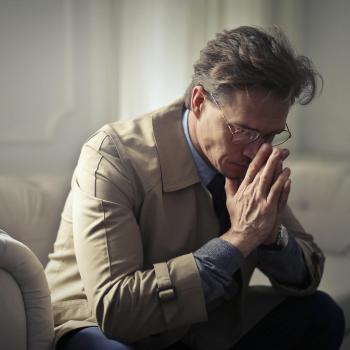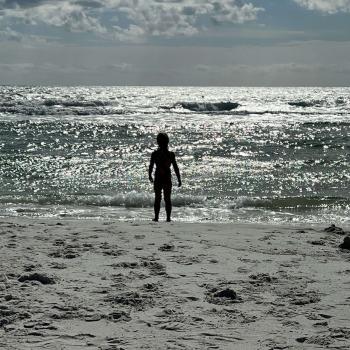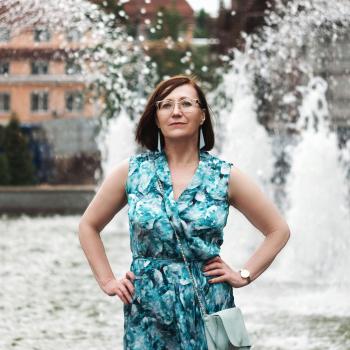Sometimes real meaning can be found in the small events of life, when a seemingly innocuous incident reveals a bigger truth. Such is the case with the story of Brother John and the purpose of life.
Author August Turak has been telling the story for years and recently put it in book form in the aptly titled Brother John. Through illustrations and words, the author tells the story of his regular visits to a Trappist monastery named Mepkin Abbey near Charleston, South Carolina.
While staying at the monastery one evening, Turak leaves an event on Christmas Eve only to discover it is raining outside. His guest house is several hundred yards away and he anticipates an uncomfortably chilly and wet walk back. Only, just outside the door, stands an elderly, stooped monk, an umbrella in hand. The following exchange ensues:
“Brother John! What are you doing?”
“I’m here to walk people who forgot their umbrellas back to their rooms.”
Turak explains that the monastery’s motto is “prayer and work” and Brother John may be the hardest worker of them all. He rises at 3am each day to make coffee for those attending morning services and handles chores throughout the day, “still working after most of his brethren have retired.”
It’s the idea of selfless service that strikes Turak, the fact that Brother John seems more concerned about the needs of others than he is about himself. In Turak’s words:
I intuited that to live as he did, to have his quiet peace and effortless love, had nothing to do with being a monk and was available to us all.
But the encounter leaves him in an unsettled state. He wonders if “perhaps his peace and effortless love were not available to all, but only to some.” Maybe he didn’t have what it takes. He expresses his concern, and admiration for Brother John, to the former abbot of the monastery who replies:
It’s amazing how many people take something like that for granted in life.
Turak tries to put into words just what this type of service means, words that seem especially relevant to those of us who are spiritually-minded and looking to lead a purposeful life. He writes that:
- We must give in, make the commitment, and be willing to pay the price.
- We must commit to facing our doubts, limitations, and contradictions head-on.
- We must fight distraction, futility, rationalization, and fatigue at every step.
- We must resolve to act decisively, while trusting in the aid of something we don’t understand and can never predict.
- We must open ourselves up to the miraculous, to grace.
When we then put in this committed effort, in time we will “be utterly grateful for who we have become, remorseful for who we were, and compassionate toward those who do not understand.”
Turak says that working toward this transformation is what the West calls “conversion” and the East labels “enlightenment.” It turns work into “effortless privilege, makes the unnatural values of Brother John second nature.” It means doing things like standing outside on a cold Christmas night with an umbrella, waiting to offer protection and human comfort.
In the introduction to his new book The Second Mountain: The Quest for a Moral Life, David Brooks writes of the people who radiate joy. For these people, “joy is not a feeling, it is an outlook.” He describes these joyful people this way:
They are people who seem to glow with an inner light. They are kind, tranquil, delighted by small pleasures, and grateful for the large ones. These people are not perfect. They get exhausted and stressed. They make errors in judgement. But they live for others, and not for themselves. They’ve made unshakeable commitments to family, a cause, a community, or a faith. They know why they were put on this earth and derive a deep satisfaction from doing what they’ve been called to do.
While Turak never precisely defines Brother John’s purpose of life, he alludes to it—and I think David Brooks spells it out in the passage above. The purpose of life is to live for others, not only for yourself. To find the good that you have to offer the world and give it freely. It is what Brother John does on a daily basis. It is what we might consider doing ourselves.














